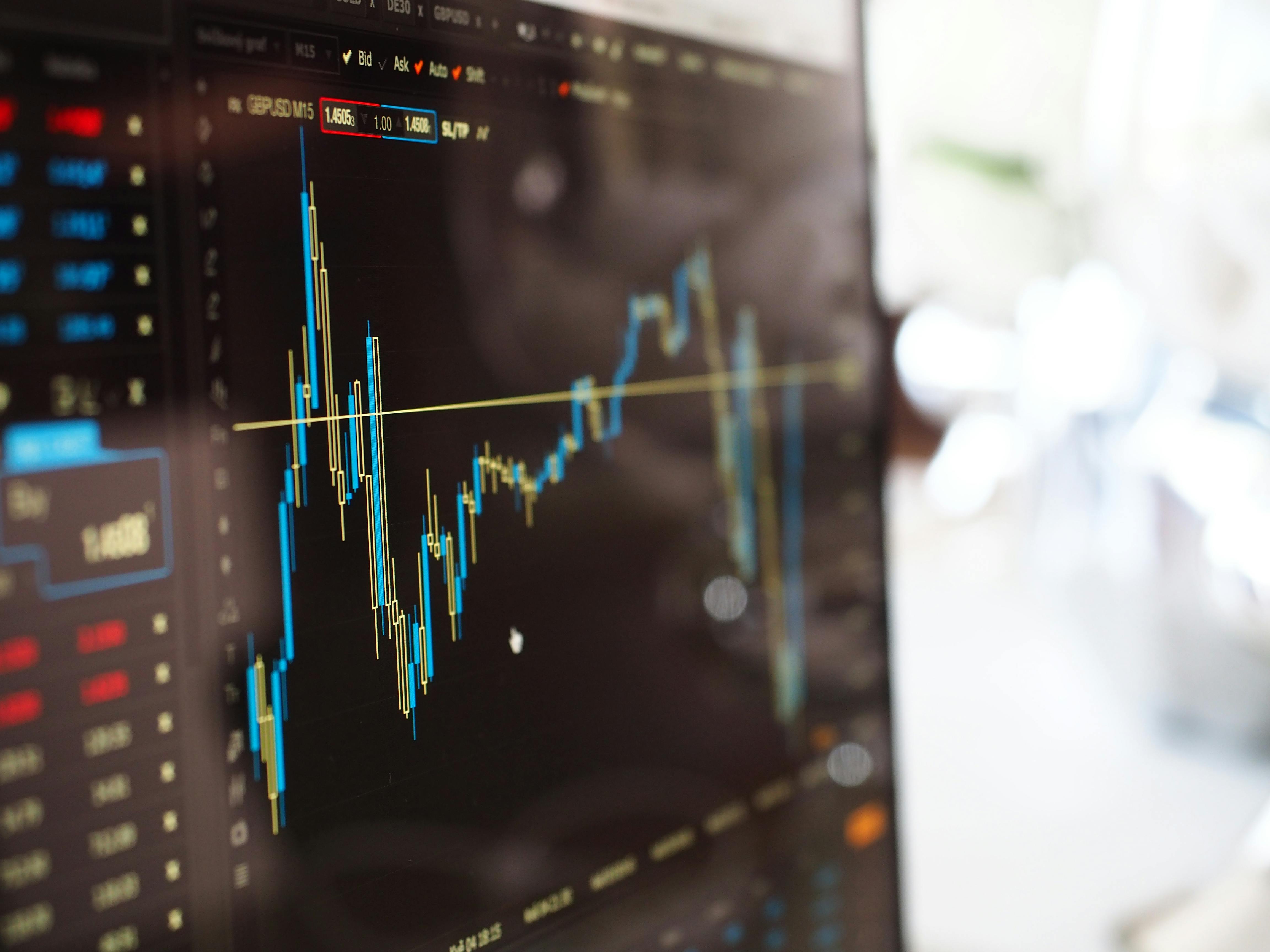The stock market is a collection of exchanges where companies’ shares are bought and sold. It’s a vital part of the economy, providing companies with access to capital in exchange for giving investors a slice of ownership. The stock market enables investors to buy and sell stocks, bonds, mutual funds, and other securities, and it plays a crucial role in wealth creation and economic growth.
Stock Market
The stock market is a platform where investors can buy and sell shares (ownership stakes) in publicly traded companies.
We provide a more personalized experience tailored to each client's unique needs.

Service
Let know more about Stock Market
Key Components of the Stock Market
- Stocks (Equities)
- Stocks represent ownership shares in a company. When you buy a stock, you own a part of that company and may be entitled to dividends (profits shared with shareholders). Stocks are traded on exchanges, and their prices fluctuate based on supply, demand, company performance, and broader economic factors.
- Bonds
- Bonds are debt securities that corporations or governments issue to raise capital. When you buy a bond, you’re lending money to the issuer in exchange for regular interest payments and the return of the principal amount at maturity. Bonds are generally considered safer investments than stocks.
- Mutual Funds
- Mutual funds pool money from multiple investors to invest in a diversified portfolio of stocks, bonds, or other assets. Managed by professional portfolio managers, mutual funds allow investors to access a variety of assets without needing to buy each individually.
- Exchange-Traded Funds (ETFs)
- ETFs are similar to mutual funds but trade on exchanges like individual stocks. They offer diversification and are generally more accessible, allowing investors to buy shares in a range of assets within a single fund.
- Stock Exchanges
- Stock exchanges are the platforms where securities are traded. Major exchanges include the New York Stock Exchange (NYSE), NASDAQ, and London Stock Exchange. These exchanges provide the infrastructure and regulation to facilitate safe and transparent trading.
Stock Market Participants
- Individual Investors: Individuals who buy and sell stocks to grow personal wealth.
- Institutional Investors: Large entities like mutual funds, pension funds, and insurance companies that invest substantial amounts in securities.
- Day Traders: Active traders who buy and sell stocks within the same day to profit from short-term price fluctuations.
- Market Makers: Financial firms or individuals that provide liquidity to the market by buying and selling stocks continuously, ensuring trades can be executed smoothly.
Benefits and Risks of Investing in the Stock Market
Benefits:
- Potential for High Returns: Stocks have historically provided higher returns than other assets like bonds and savings accounts.
- Ownership: Stocks provide an ownership stake in a company, which can lead to financial gains through dividends and capital appreciation.
- Liquidity: Stocks are highly liquid, meaning investors can easily buy and sell them.
- Hedge Against Inflation: Stocks generally keep pace with or outstrip inflation over the long term.
Risks:
- Market Volatility: Stock prices can be highly volatile, leading to potential losses, especially in the short term.
- Company Risk: Individual companies can face operational challenges, financial distress, or industry downturns that impact their stock price.
- Economic Cycles: The stock market is sensitive to economic conditions and can experience downturns during recessions.
- Emotional Investing: Market sentiment can drive prices, often leading to overreactions that impact stock valuations. Emotional decisions may lead to buying high and selling low.
The stock market is a dynamic and essential component of modern economies, offering individuals and institutions a range of opportunities for wealth creation and financial growth. While it offers potential rewards, understanding the risks and learning the fundamentals are essential for making informed investment decisions.